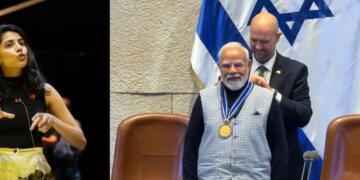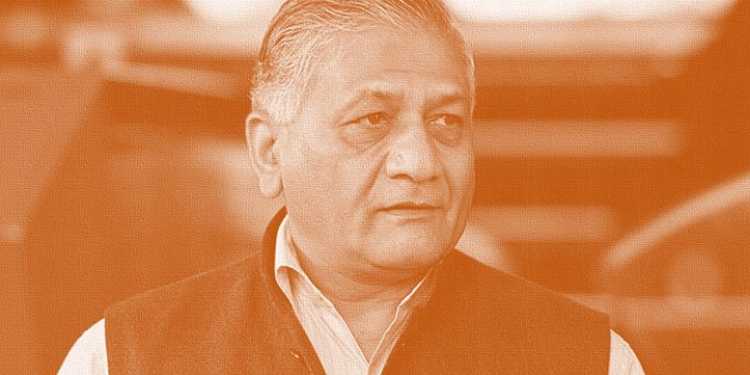The current dispensation took charge a little over two years ago, in May 2014. Ever since, the ministry of external affairs has emerged as one of the biggest benefactors of energy and resources. An aggressive foreign policy, that which befits a country like India has been pursued. Pakistan is on the back-foot, standing up to China’s bullying has become commonplace, and the Americans have our back. But the external affairs ministry hasn’t limited itself to strategic and effective foreign policy.
Apart from the macro aspects, the focus has been on the little things as well. Procedures for non-resident Indians (NRIs) have been simplified. For most foreign visitors, an Indian visa is now just a click away. The ministry has become highly responsive, helping out Indians abroad and non-Indians in India through social media. On the ground, the most radical changes have come in crisis management abroad. This is in stark contrast to the days when Indians were left to fend for themselves when they faced dangerous circumstances on foreign soil.
Crisis management has been handled by former army general V K Singh, who has held the ministership of state at the foreign ministry. The prime minister’s vision and his successful trips, the external affairs minister’s able execution, the former general’s skills on the ground, and the best civil servants of the country at their command, has brought about substantial change. General V K Singh just handled his third major crisis, and he won this battle hands down.
The latest operation, which was named ‘Sankat Mochan’, was to bring as many stranded Indians in war-torn South Sudan back home. The minister himself flew down to this perilous part of the world in one of the Indian aircrafts headed there for rescue operations. From there, he coordinated the rescue efforts. He successfully brought back with him over a hundred and fifty Indians. This isn’t the first time that he was deputed by the government to handle such a crisis. It isn’t the first time that he pulled it off successfully either.
The Indian operation in Yemen, named ‘Raahat’, was of a much larger scale. A civil war had erupted in the country, with Saudi Arabia backing one side militarily. India’s traditional neutrality in the region ensured that the rescue operations went unhindered. Here too, General V K Singh was on the ground. Here too, he was the one coordinating between Indian nationals, his own department and the Indian military which was ferrying ships and aircrafts back and forth. The operation lasted ten days. Over four and half thousand Indians were evacuated. India evacuated almost a thousand foreign nationals too, belonging to forty-one different countries. That week, India’s role changed. From being a country that was unresponsive to such crisis, it became a country that helped other countries in a crisis like this.
The third major crisis situation the general dealt with was the nabbing of India’s second most wanted man. Chhota Rajan, a well-known and dreaded gangster, had fled abroad many years ago. But it was common knowledge that he was somewhere in South East Asia, and that he still controlled a substantial chunk of organized crime in India. The Indonesians received a tipoff from the Australians that the gangster was flying in to Bali from Sydney. General V K Singh was rushed off immediately to the Indonesian capital. He coordinated with various authorities there, and he ensured that India’s second most wanted man was brought back quickly and thrown into Tihar.
General V K Singh ’s exploits have shown the country how little things, which no other government in the past cared for, matter so much. Episodes such as these are what have transformed India into a pro-active player on the global stage. How having a former army chief to carry out these operations is beneficial to India, is for all to see. The discipline, dedication and organizational skills are unparallel.
Those who believe the Modi government is averse to talent should reassess the country’s condition. It isn’t only the Suresh Prabhus and the Ajit Doval’s at the higher levels, but people like General V K Singh who get things done on the ground. The mainstream of course despises him ever since he dissed Pakistan and some Indian journalists. Considering his commitment and his deeds for the country, this brigade hates him even more. But in India, to be on the wrong side of the white-collar terrorists in an indication that one is doing something right. The country awaits his next operation, and we’re sure he’ll make us proud one again.




























